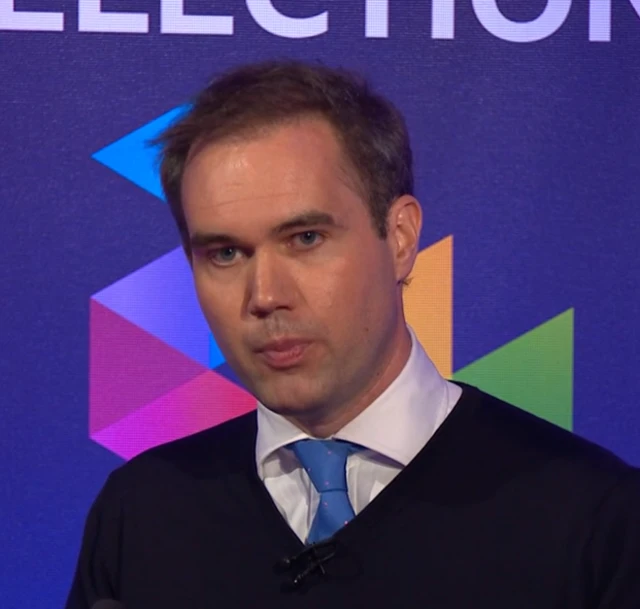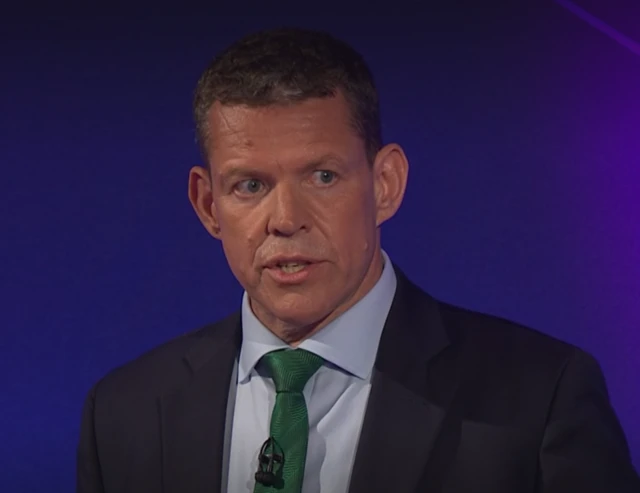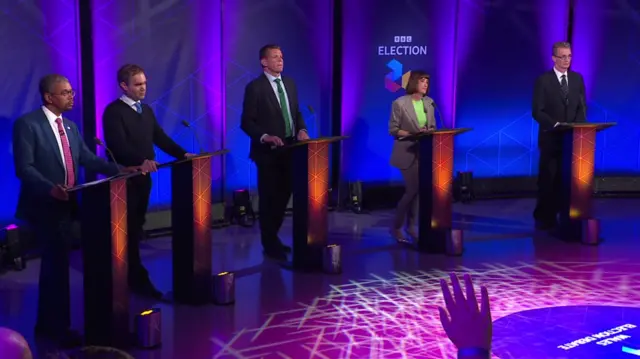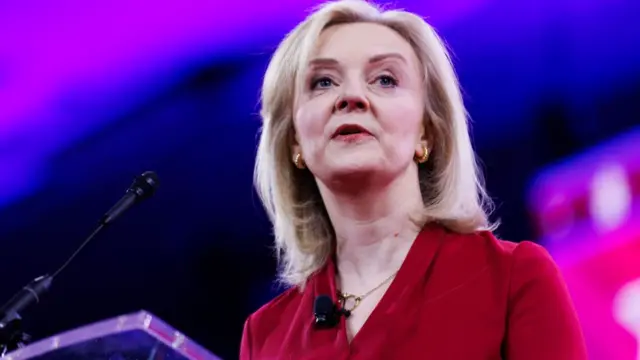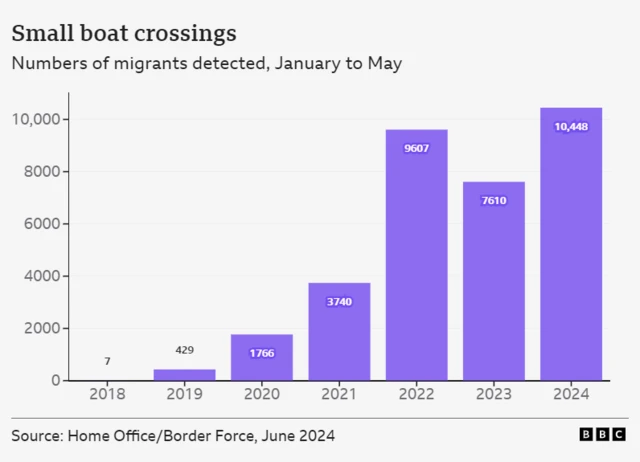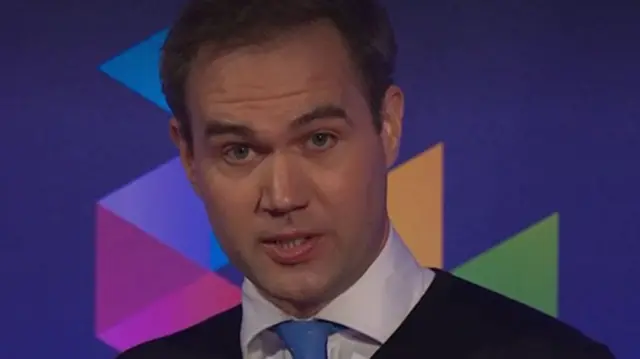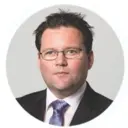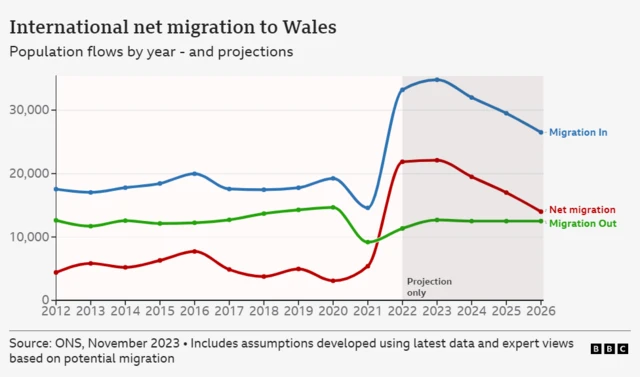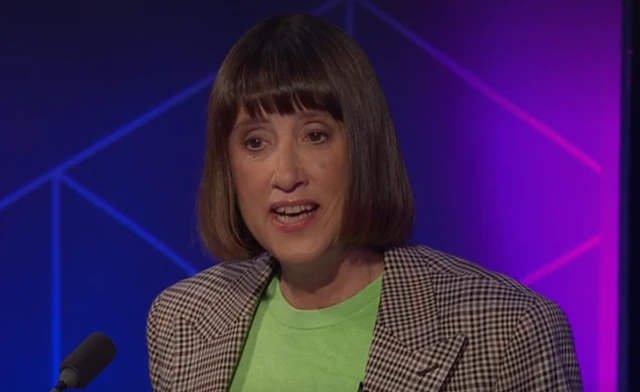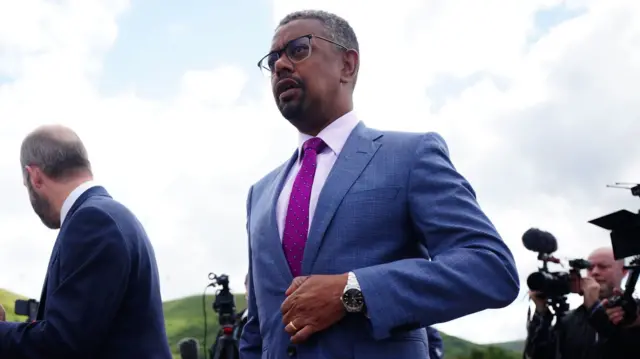And that's all from uspublished at 21:26 BST 21 June 2024
Thanks for following our coverage of BBC Wales' election debate.
Here's some of the key moments:
- Conservative Welsh secretary David TC Davies blamed the crisis on the war in Ukraine, but Welsh Labour leader Vaughan Gething said the UK was still paying for former PM Liz Truss’s tenure
- Welsh Liberal Democrat leader Jane Dodds challenged the Tories and Labour to "abolish the two child cap on benefits"
- Reform UK's Oliver Lewis denied his party would cut welfare and said the party was "the new Labour party"
- Plaid Cymru leader Rhun ap Iorwerth said his party would increase child benefit by £20 a week, while claiming both Labour and the Tories were wedded to £18bn worth of cuts
We're bringing to live page to a close now but you can read more about all of tonight's action here.
